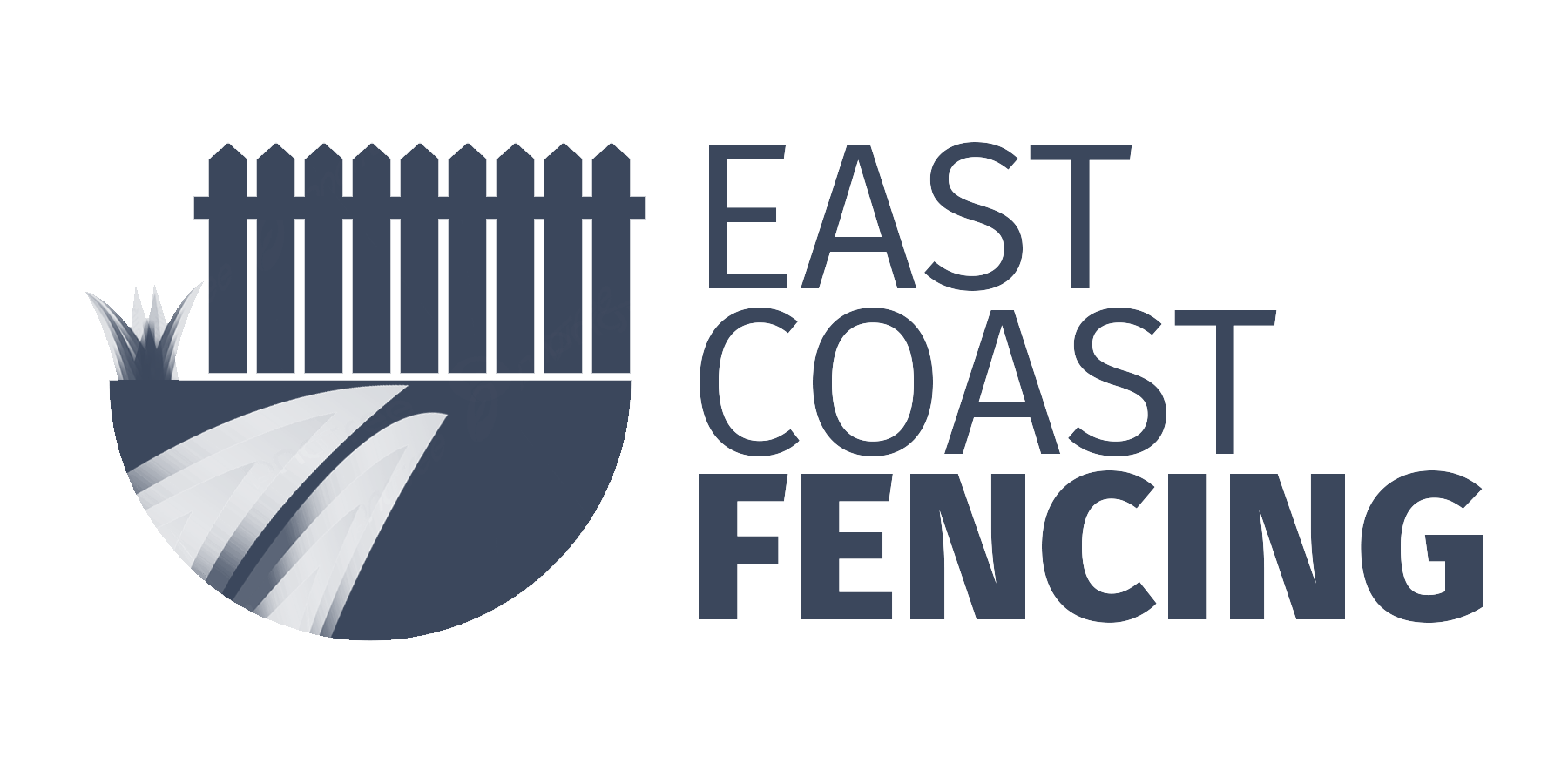Do i Have To Pay Half For My Neighbours New Fence?

Navigating neighbourly disputes can be a challenging affair, especially when it comes to the boundaries that separate your properties. One common issue that arises is when one party decides it's time to erect a new fence. The question then becomes, do you have to pay half for your neighbour's new fence? This blog post aims to offer comprehensive insights into this topic, helping you understand your rights and obligations.
Understanding Boundary Fences
Boundary fences are structures that divide two pieces of property. They can serve various purposes, from ensuring privacy to marking property lines. The rules regarding boundary fences and who pays for their maintenance or erection can vary significantly depending on local laws and any previously established agreements between neighbours.
Legal Obligations
In many jurisdictions, the cost of erecting or repairing a boundary fence shared by two properties is generally split equally between the neighbours. This is often laid out in local council regulations or property laws. However, these laws can vary widely, so it's crucial to check the specific regulations that apply to your area.
Prior Agreements
If there was a prior agreement made between you and your neighbour regarding the fence, this could dictate the terms of payment. Such agreements could be formal, written contracts, or informal agreements. In the absence of local laws covering the situation, these agreements can help resolve disputes.
Initiating Fence Work
Typically, a neighbour who wishes to erect a new fence should first discuss their plans with the adjoining property owner. This discussion should cover the type of fence to be installed, the costs involved, and how these costs will be divided. Ideally, both parties will reach an agreement that is fair and accounts for the needs and concerns of both neighbours.
When Disagreements Occur
In situations where neighbours cannot agree on the fence, its maintenance, or the cost sharing, it may become necessary to seek mediation or advice from a legal professional. Some local councils offer mediation services for disputes of this nature, which can be a less confrontational and less expensive first step than heading straight to court.
Situations That May Affect Payment Obligations
Several scenarios might influence whether you're obligated to pay half for your neighbour's fence, including:
- If the existing fence is deemed adequate by both parties,
- If one neighbour wants a more expensive solution than is necessary,
- If the fence benefits one neighbour more than the other,
- If there's significant damage caused to the fence by one party.
Checking Title Deeds and Local Laws
Before taking any action or making any agreements, it's wise to consult your property's title deeds and any local laws regarding fences. Sometimes, these documents contain specific provisions related to the responsibilities for boundary fences.
Conclusion
The question of whether you need to pay half for your neighbour’s new fence doesn't have a one-size-fits-all answer. It largely depends on local laws, any existing agreements, and the specifics of the situation. Open communication, negotiation, and understanding local regulations are crucial in resolving these issues amicably. Should disputes arise, consider seeking mediation before legal action. Remember, maintaining a good relationship with your neighbour is invaluable and often worth more than the cost of any fence.














Leave a Comment